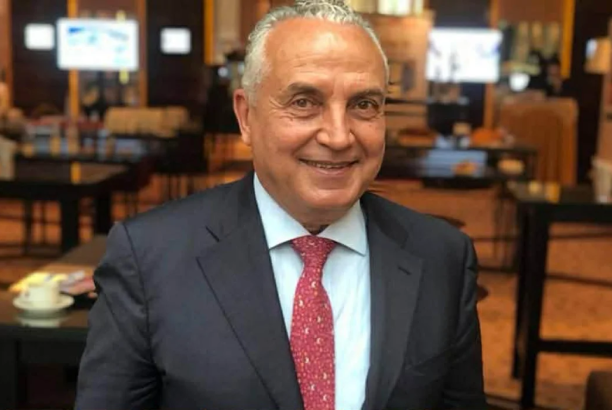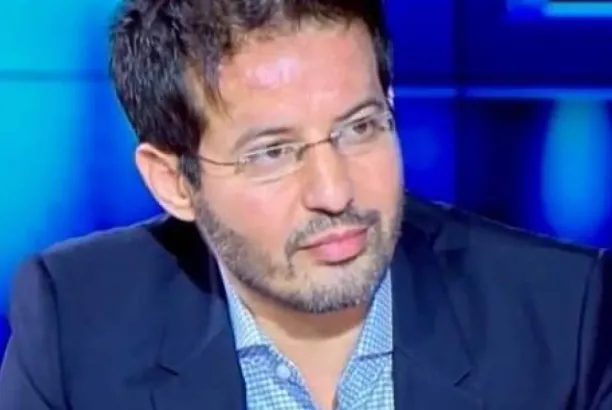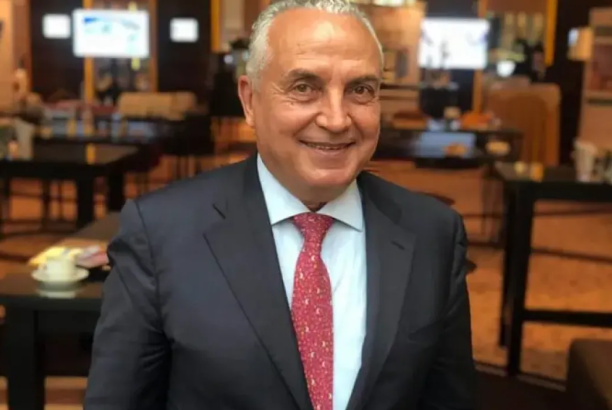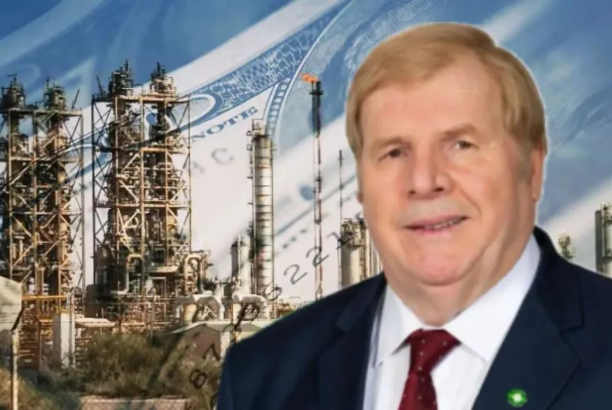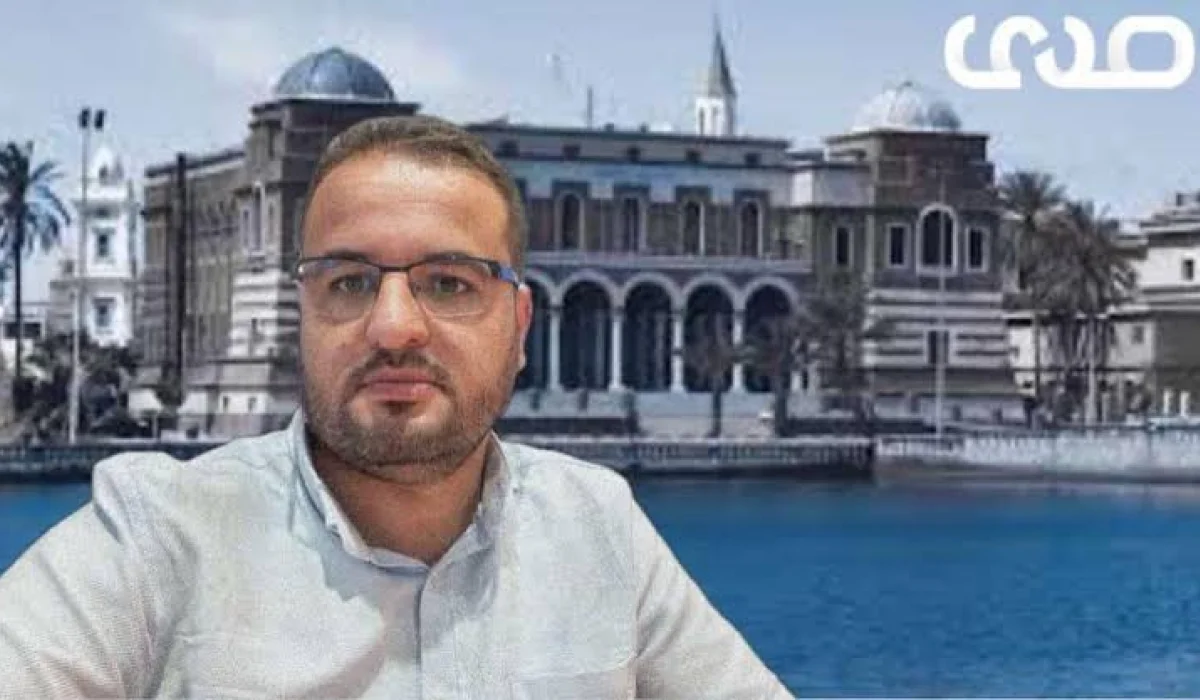
| Economic articles
Exclusive: Al-Sanousi: “After all the negative remarks made by the Governor, is it conceivable that anyone would invest in a country that might not even be able to pay salaries?!”
Economic expert Mohamed Al-Sanousi stated in an exclusive comment to our source:
“The Central Bank Governor presented nothing new in his speech. Everyone knows that the Libyan economy has relied on oil for 60 years — we didn’t need a speech from the Governor to tell us that.”
He added:
“We are well aware of the political division, the existence of two governments, and the ongoing spending without an approved budget. If the Governor was unaware of these facts and only discovered them this week, that’s a disaster. But if he was aware of them, and all the positive news he shared in past weeks was intentionally published to mislead public opinion, then the disaster is even greater.”
Al-Sanousi continued:
“Moreover, we don’t know what data the Governor relied on when he claimed that the state would be unable to pay salaries if oil prices drop to $52 per barrel. Is that number based on a scientific study, or what exactly?”
He went on to say:
“As for his statement that the state needs $3 billion in revenue but currently only collects $1.5 billion, that situation requires three measures: first, rationalizing spending; second, increasing revenues; and third — which falls under the Central Bank’s authority — adjusting the exchange rate in a way that ensures at least a balance between income and expenditure, or at the very least minimizes the deficit in the balance of payments. It’s quite puzzling to hear this from the Governor, especially after the Central Bank had recently announced surpluses generated from investments in gold and deposits.”
Regarding the proposal to establish a holding company over the banks, Al-Sanousi commented:
“We don’t understand the reasoning behind this idea. After all the negative remarks made by the Governor, is it realistic to expect anyone to invest in a country that might not even be able to pay its employees? Why doesn’t the Central Bank instead focus on its core responsibilities rather than intervening in investment matters?”
He concluded:
“The Central Bank’s role should be to ensure monetary stability and create a sound environment that encourages investment and guarantees that investors won’t lose their capital due to misguided Central Bank decisions, as has happened in previous years. For the Central Bank to directly engage in investment — or to allow commercial banks to do so — would put depositors’ money at risk, especially in a country plagued by corruption and lacking transparency.”


